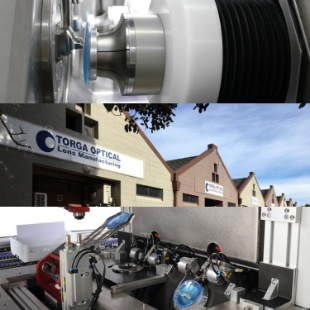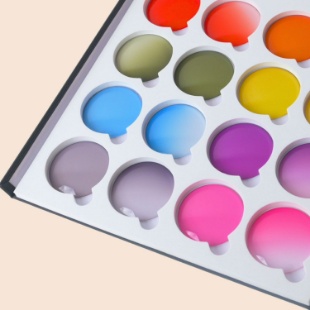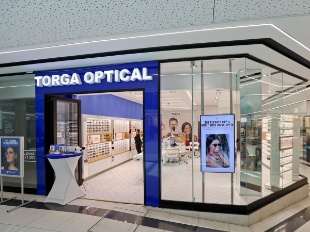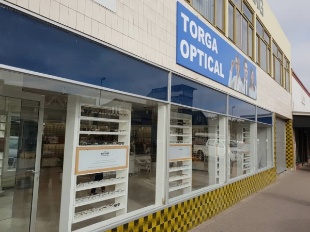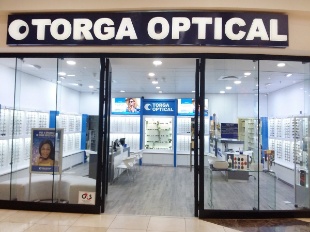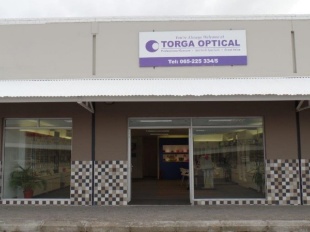Lens Technology for Driving
A Driving Force Behind Lens Technology
Updated: Tues, 15 May 2018
Everyone wants the best technology with the best safety features for their vehicles. However, you may have the safest vehicle on the road, but if your eye sight is compromised so is your safety.
Impaired vision is responsible for so many of our road accidents and the subsequent fatalities.
To drive this point home, here are just some of the basics as to why good vision is essential for driving:
When driving, you are required to see pretty much everything around you (all around, near and far and in every direction). For example:
- you need to be able to see (and anticipate movement of) other vehicles
- the plethora of pedestrians that come at us (in all shapes and sizes and from every direction)
- animals (yes, even in our big cities)
- potholes (in growing numbers and ever-increasing in size)
- road signs and markings
- and the list goes on.
And, that’s just outside your vehicle. Inside, you also need to see your speedometer and gauges, in addition to your side mirrors and rear-view mirror.
Furthermore, driving at night can be a daunting experience. Oncoming headlights and street lights reflect off one’s spectacles, preventing light passing through the lenses. A good anti-reflective coating will manage these situations by minimising reflections. This means more light can pass through one’s lenses, optimising visual acuity which will mean fewer visual distractions while driving.
During the day, the sun’s rays as well as reflections off surfaces such as the road, other vehicles or water can also compromise your vision. Polarised lenses are the most effective lenses that will significantly reduce this glare. (Click here to read more about the benefits of, and how, polarised lenses work.)
DriveOptix™ is a product that has been speficially developed by Torga Optical to reduce the risks of driving, by optimising drivers' visual acuity.
Let’s do a simple exercise to evaluate whether or not your driving vision is up to speed:
When was your last eye examination?
If you answered more than a year ago – then you need to get your eyes tested by a professional optometrist, sooner rather than later.
When did you last renew your driver’s licence?
Hopefully your licence is still valid. Not only do you run the risk of paying hefty fines to the traffic department, you are putting yourself and those around you on the road in potential danger.
Things to be aware of:
- The licence department only conducts a basic visual screening of an individual’s visual ability. If you ‘pass’ this visual screening, it does not mean that your vision is not impaired. You might very well still require spectacles to improve your vision.
- By law drivers do not require 20/20 vision to drive in South Africa. But many drivers could have this vision with the correct visual correction.
- Improved vision can reduce the number of collisions, injuries and fatalities on our roads.
- A comprehensive eye examination will assess all aspects of your vision, as well as the health of the eye.
Do you have the correct lens technology in your glasses to optimise your driving ability?
Lenses with poor optics will hinder rather than improve your vision and driving ability. Ensuring you have the best technology lenses will aid your vision in various situations in your everyday life, including when you drive.
Glare is the main reason for drivers’ visual discomfort. Glare is experienced in the day from the sun and its reflections off the road and various reflective surfaces (such as the road, water, other vehicles). Glare also happens in overcast conditions and at night from on-coming headlights, streetlights and other light sources.
The correct prescription in the form of Polarised sunglasses for day time and antireflective coated lenses for night time will minimise the effect of glare on one’s eyes, resulting in optimum driving vision.













